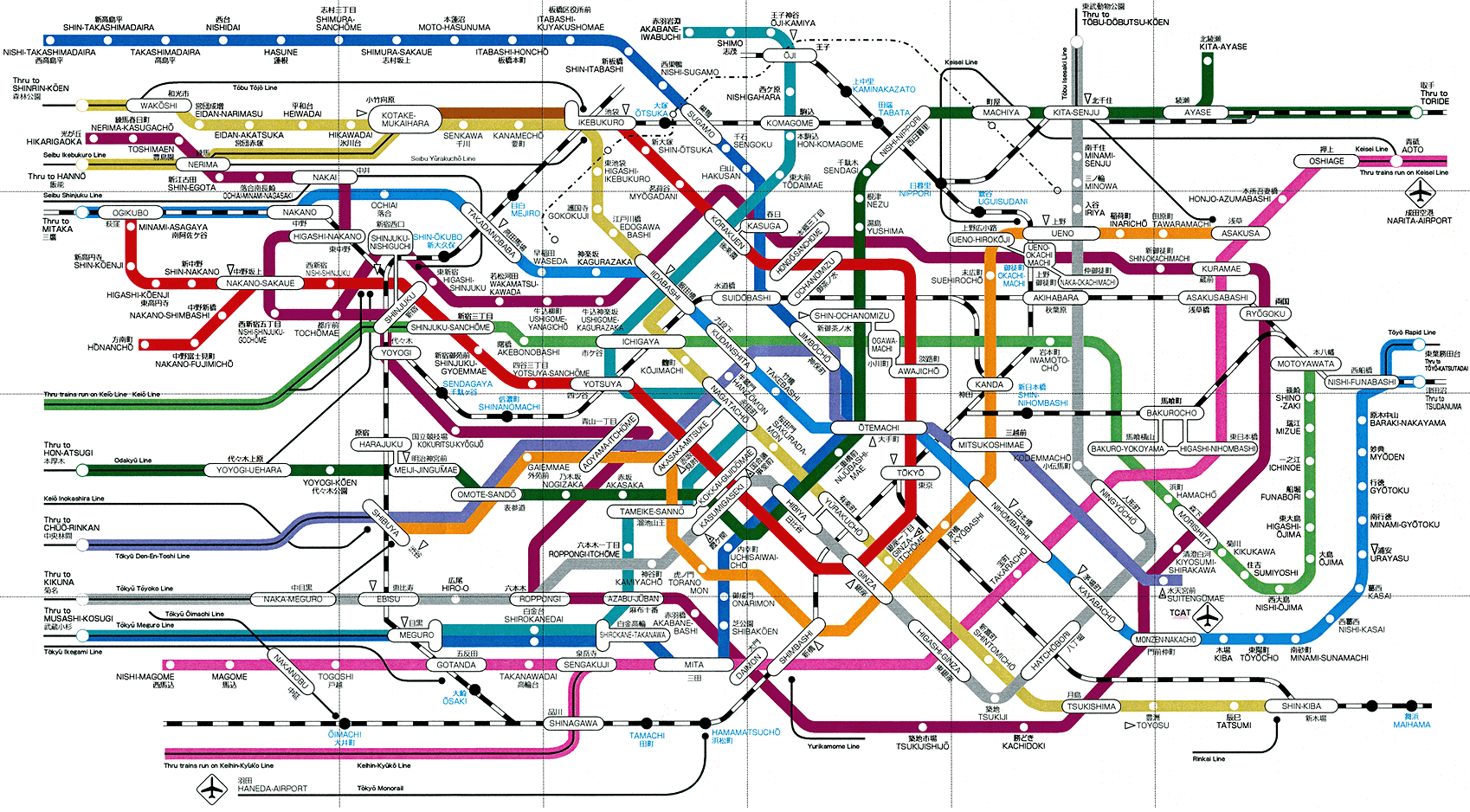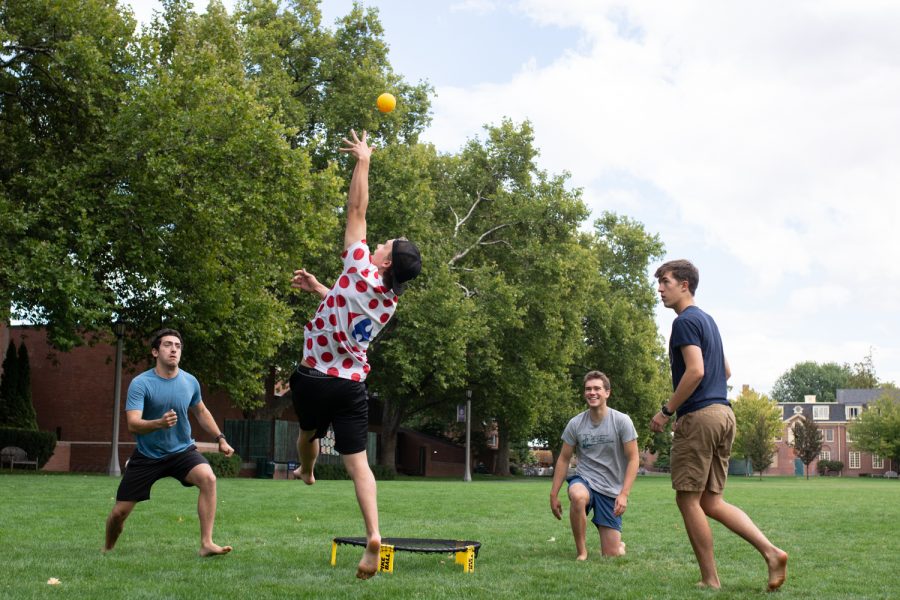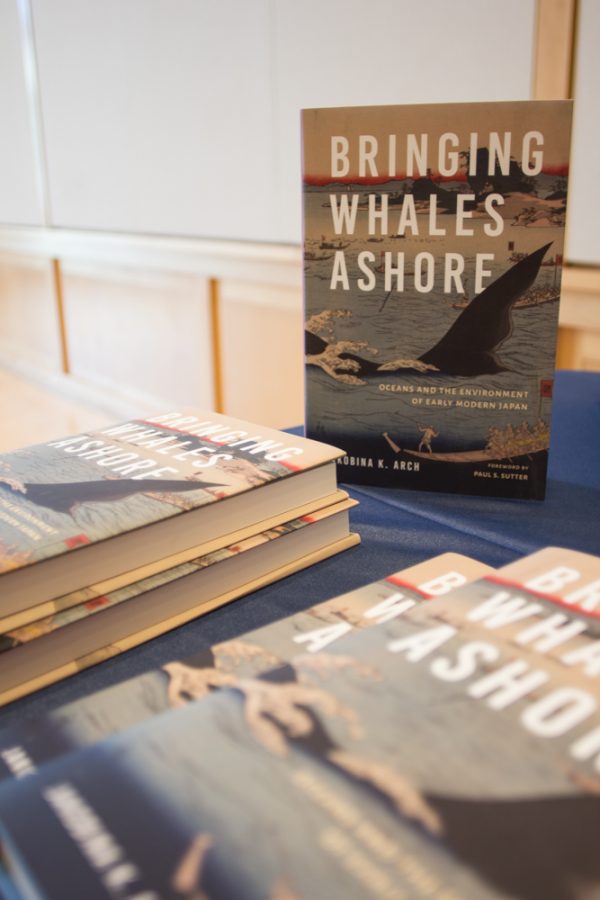Welcome to my blog, friends, family, and interested parties. I depart for Japan in a little less than a week, so I decided to kick off the blog with a short personal introduction as well as an overview of my summer study abroad program.
I am a twenty-year-old Whitman College junior (soon to be senior!). I’m majoring in sociology and I plan to minor in both Japanese and Spanish. I have been studying Japanese since my sophomore year at Whitman, finally cashing in on an ambition I’ve had since elementary school. I have nursed an ardent passion for the Japanese language and culture since second grade, when I wrote a report on Japan for a Heritage Day project. I am not ethnically Japanese, but I justified my research by citing my mother’s single year of residence in Japan when she, my uncles, and my grandparents moved to Yokohama in 1967, where my grandpa served as an army neurosurgeon treating wounded soldiers flown in from Vietnam.

I have had the opportunity to travel to Japan twice before: once as a tourist when I joined my paternal grandparents on a business trip, and again as an exchange student through my local Rotary Club. This summer, I will travel to Japan as a student in the Princeton in Ishikawa Summer Program. Since I started at Whitman as a Jan-Start, spending an entire semester or year abroad proved a tricky endeavor. After researching various summer study abroad programs, I applied to two: Princeton in Ishikawa and the Hokkaido International Foundation Summer Language and Culture Program. I was lucky enough to be accepted to both prestigious programs, and I had to make the difficult choice between studying in Ishikawa Prefecture* and Hakodate in Hokkaido, Japan’s northernmost island. I ultimately chose the Princeton program, as its central location in Ishikawa Prefecture would make extracurricular travel more accessible. Furthermore, Princeton in Ishikawa focuses specifically on teaching language skills to second and third-year Japanese language students, whereas the Hokkaido program taught beginning to advanced Japanese. I felt that I would be more comfortable learning and practicing with other students within range of my own abilities.
This is the first time I will be in Japan with an adequate grasp on the language. When I traveled before, I only knew a handful of phrases I had taught myself from phrasebooks (including otearai wa doko desu ka?, meaning where is the bathroom?, always of paramount importance). This summer, I will take language courses and participate in cultural excursions and activities with 40 to 50 other students from the United States and abroad. Interestingly, the program has not released a full list of participants, so I have no way of getting in touch with the other students. I predict that most of the other kids in the program will be students from east-coast colleges, as the program itself is run through Princeton University and is likely better-advertised “back east.” If this is the case, I will do my best to represent the West Coast and Whitman!
I will live and learn in Kanazawa, the capital city of Ishikawa Prefecture. The city is on the west side Japan’s main island, Honshu, on the coast of the Japan Sea, and bordered by the Japanese Alps (who knew Japan had Alps?). With a population of about 400,000, Kanazawa is considerably larger than both Walla Walla and my hometown of Santa Rosa, California. The name of the town means “marsh of gold”; legend has it that a man named Imohori Togoro or (Mr. “Potato Digger”) found gold in the area while digging for potatoes. Today, Kanazawa produces 99 percent of Japan’s high-quality gold leaf. Like Kyoto, Kanazawa was spared from extensive firebombing attacks during World War II, so the city has an abundance of architectural history. I’m really looking forward to exploring the town with my classmates.

During my time in Japan, I will stay with my host family, the Suzukis. From an email I received earlier this week, I found out that this family consists of Ms. Ai Suzuki and her two young boys, ages 4 and 5. I don’t yet know the names of the boys or whether the family has any pets (I hope they do!). I am thrilled to be placed with a family with young children, and I can’t wait to meet the Suzuki family.
After spending a few days in southern California with my grandparents and my brother Mark, who attends UCLA, I will leave the country on Thursday. The flight from Los Angeles to Tokyo’s Narita Airport will take 11 hours, and I will arrive on Friday evening due to the 17 hour time difference between the United States and Japan. On Saturday morning, I will make my way to Kanazawa by shinkansen, or bullet train. Of all the challenges I will undertake in Japan, I am most apprehensive about this particular train journey. It should take about 4 hours to travel from Tokyo to Kanazawa by train, and from what I understand I’ll have to make several transfers, hauling around my suitcase and backpack in the often crowded Japanese trains and train stations. I spent my first semester of college in Córdoba, Spain, and I still have something akin to PTSD flashbacks about heaving my luggage in and around Spanish trains. Although I have extensively researched train routes and ticket prices for my expedition to Kanazawa, I am quite worried about getting lost or boarding the wrong train, the result being that I do not make the rendezvous with the rest of the program participants and professors. I am positive that I will have to ask for directions at some point and test out all that vocabulary we learned in class about giving and receiving directions. So, please keep your fingers crossed for me that I end up in the right place at the right time!

I will likely update again from the airport or from my hotel once I’ve made it to Tokyo (provided that I’m not too exhausted).
*Japan is divided up into prefectures, as opposed to states and counties. There are 47 prefectures in Japan. Each prefecture is made up of cities, which are in turn made up of districts.
NOTE: As Kanazawa lies on the west coast of Japan, it was fortunately not affected by last year’s devastating earthquake, tsunami, or subsequent nuclear disaster, so please don’t worry that I’ll be eating tainted food or somehow develop superpowers due to exposure to radiation (though that would be AWESOME).
For those of you who are interested in finding out more about Kanazawa, the Princeton in Ishikawa Program, or Japan in general, here are some links you might find helpful!
The Princeton in Ishikawa website, all decked out in black and orange. http://www.princeton.edu/pii
The City of Kanazawa website: http://www.city.kanazawa.ishikawa.jp/index_e.html
A video about Kanazawa from the Visit Japan YouTube channel, showing highlights and attractions of the city: http://youtu.be/JhkmjVxN7jc
The State Department website has a very informative article on Japan. http://www.state.gov/r/pa/ei/bgn/4142.htm
Wikipedia also has an extensive articles on Japan and Kanazawa.





